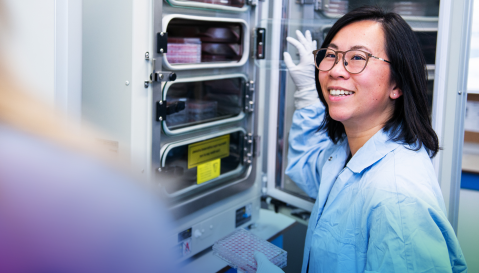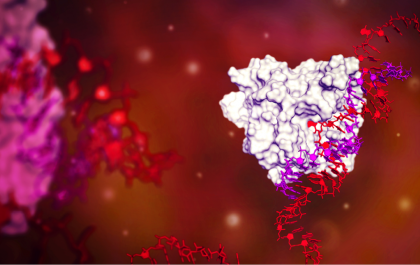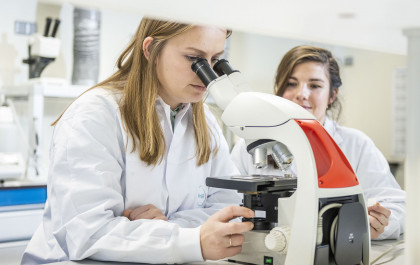Our pipeline programs share several key characteristics including a deep rooting in human genetics, the potential to have a major impact in a high unmet medical need, the ability to leverage the existing proven delivery technology for delivery to hepatocytes in liver, the opportunity to monitor early biomarkers to establish target engagement in Phase I trials for human proof of concept and availability of well-defined clinical endpoints.
In December 2024, the Rett Syndrome Research Trust and ProQR expaded their RNA editing partnership in Rett Syndrome. Axiomer™ has the potential to restore the precise level of MECP2 protein regulatory function, which is lacking in Rett Syndrome, and become a disease modifying therapy.





